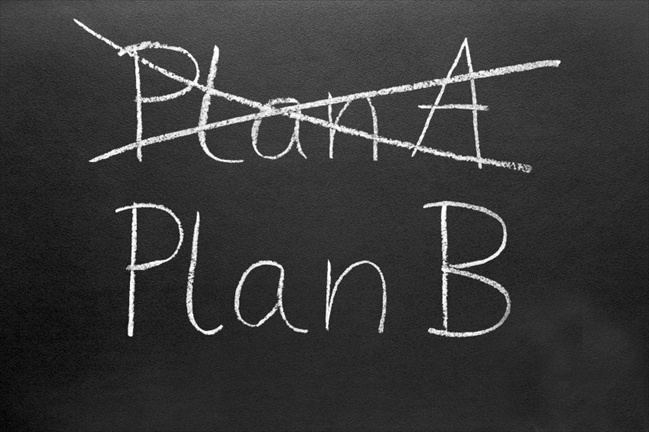Goodness knows how many times I’ve stopped myself from trying something new, attending social events, expanding my horizons and generally enjoying life because of one overwhelming yet insidious problem: Fear-Of-Failure (cue scary horror movie music).
I realize that I’ve been blessed. I’ve learned and accomplished a number of goals and skills in my life with a fairly low failure rate. That’s not to say that I don’t suck when I try to learn how to play a musical instrument (I play the keyboard), attempt to study a new language (Tamil) or sing on a stage. Yep, I suck just like any newbie but my learning curve is generally quick and trauma-free.
There was no being made fun of by classmates, no being called out by the teacher and no spectacularly awkward public performances resulting in lifelong scars. Before you think I’m some sort of annoying freak who manages to do well at anything I try, I’m going to let you in on a little secret. All that new stuff that I mentioned — playing the keyboard, learning to speak, read and write Tamil, singing on a stage — happened a loooong time ago.
Back when I was in Grade/Primary school…
Plus I enjoyed added, hidden advantages that almost guaranteed I would eventually be pretty good at each one of those skills…
My mom is musically inclined and studied music as a girl. She understood the value of consistent, diligent practice and emphasised its importance. So I eventually got pretty good at the keyboard.
In his youth, Dad was the front man for a local band and family performances were common. I was encouraged to sing and perform before I could speak so it’s no surprise that I lack the debilitating terror that most people face when they have to get on stage.
As for speaking, reading and writing Tamil, well, it’s actually my native language. I understand it because my grandmother often spoke to me in Tamil when I was growing up. Although our family communicated almost exclusively in English — my Mom is a retired English teacher — I managed to pick up Tamil quickly because I’d been exposed to the language pretty much from the day I was born.
So, as you can see, trying my hand at this stuff didn’t require that I wander far away from my comfort zone. It was a tiny step past the border of what felt comfortable to me, not a giant leap. This might all sound like an incredibly lucky break. It might appear that I managed to gain some lifelong skills with very little effort at an early age but this “lucky break” has actually worked against me.
The problem is I haven’t had much practice in stretching myself and feeling uncomfortable when I learn something new. I’ve tended to stick to learning things I kind of already know, skills I know I’d be good at right from the get-go. The thought of failure freezes me. It terrifies me and if I think I’m going to fail at something, I’d rather not try it at all.
I believed that Fear of Failure was just something that I’d have to live with but then I read Fail Fast, Fail Often. How Losing Can Help You Win…
The title reveals authors Ryan Babineaux’s and John Kurmboltz’s shocking proposition — why not fail fast and fail often? Why would something as crazy as that be a good idea? Well, failing fast and often means that you get to try new things, make mistakes and benefit from unexpected experiences and opportunities, quickly. Happy and successful people understand this truth instinctively. Failure isn’t failure at all…
Not trying anything new is!
Babineaux and Krumboltz (who are both psychologists and career counselors) offer an antidote to help ease the crippling anxiety and self-doubt people like me struggle with when faced with failure — approach new activities with the mindset of a beginner. Babineaux and Krumboltz lay out the guidelines on how to do this. Here’s what they say…
Present yourself as a newbie who is eager to learn.
Be playful and curious.
Focus on learning, not on how well you can perform.
See other people as teachers and ask for help.
Expect to make mistakes.
Try to discover what you don’t know; reject the idea that you should appear as an expert.
This is incredibly refreshing advice. It’s basically a permission slip to fail because that’s the only way to learn. I’ve been putting off attempting a number of things on my long-term to do list (learning Spanish, joining Toastmasters) but I’m excited about trying this approach.
The thought of feeling fearless about failure fills me with hope. It opens up a world of limitless possiblilites…
What could be more exciting than that?!
image credit Marsmett Tallahaasee
 Pretty Smart Chick
Pretty Smart Chick